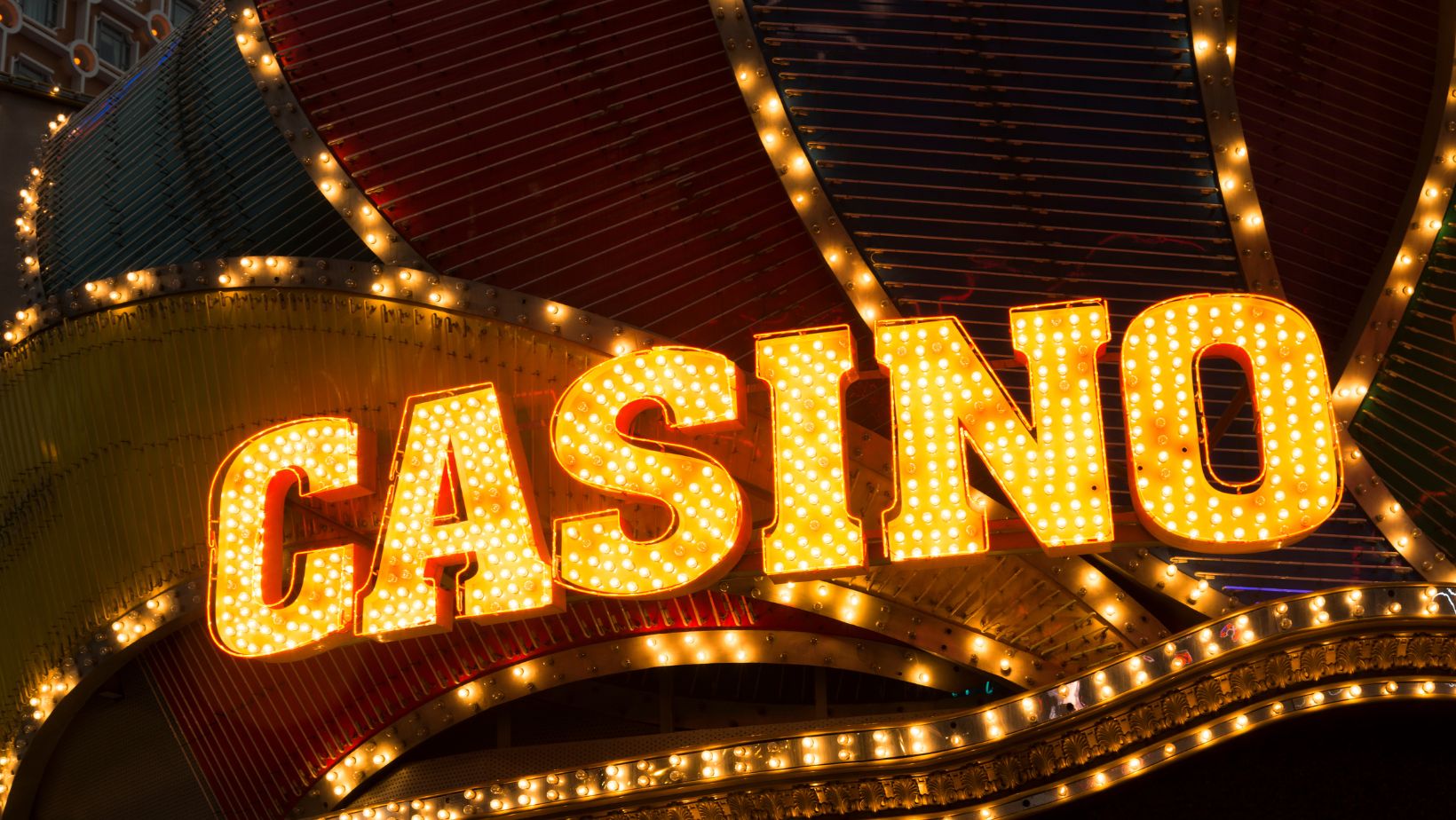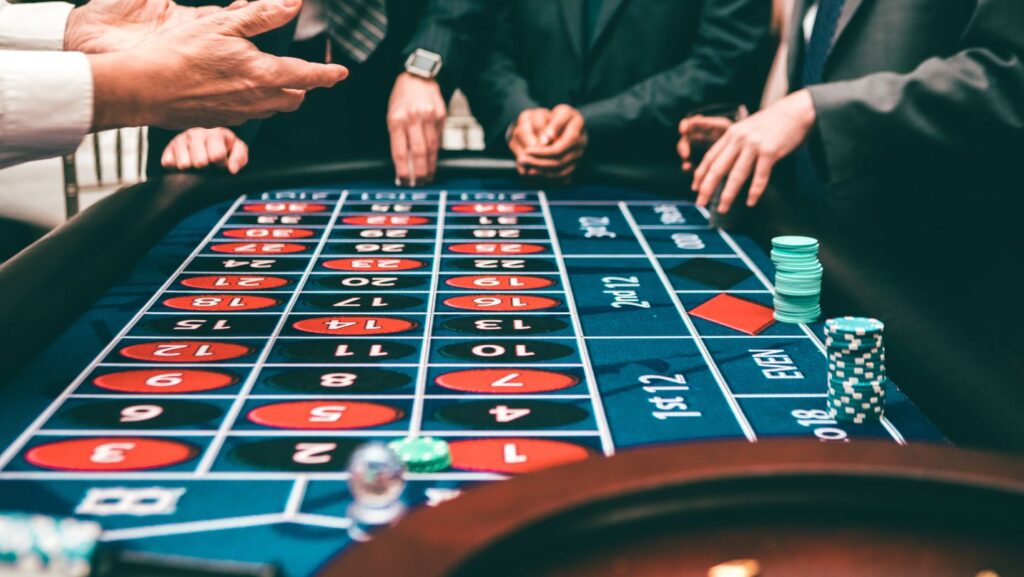Complete 50 spins on slot games. Unlock the next loyalty level. Earn 500 points in the rewards shop. Spin the daily wheel. Check off another mission accomplished. Before I knew it, I was treating gambling like a video game with achievements to unlock rather than a financial risk to manage.
Casino gamification is brilliant psychological manipulation disguised as player rewards.
Modern French platforms emphasize gamification alongside traditional gaming. NineCasino launched in 2021 with over 6,000 games, offering 450€ welcome bonus plus missions, loyalty levels, tournament systems, and achievement-based rewards that transform gambling into goal-oriented activities.
The Achievement Addiction Switch
Casinos discovered that people love completing tasks and earning progress bars more than they love gambling itself. So they wrapped gambling in achievement systems that make every spin feel productive and purposeful.
I started logging into the casino daily not because I wanted to gamble, but because I had “missions” to complete. Bet €100 on live dealer games. Play 20 different slot titles. Reach silver loyalty status. Each completed task felt like an accomplishment rather than money spent on random outcomes.
The psychological trap: My brain started producing achievement satisfaction from gambling activities instead of entertainment satisfaction. I wasn’t gambling for fun—I was gambling to complete objectives.
The Daily Login Trap
Gamification creates artificial urgency through daily missions that expire if not completed. Miss a day, lose your streak. Skip the daily wheel spin, forfeit potential rewards. These time-limited tasks transform occasional gambling into daily habits.
I found myself gambling every single day not because I wanted to, but because I didn’t want to “waste” my daily mission opportunities. The fear of missing out on rewards drove more consistent gambling than any jackpot ever could.
Personal wake-up call: Realized I’d gambled for 23 consecutive days just to maintain my mission completion streak. Wasn’t even enjoying the games—just checking boxes on a digital to-do list.
The Progress Bar Psychology
Nothing feels better than watching progress bars fill up. Casinos know this and create multiple overlapping progress systems: loyalty points, mission completion, tournament rankings, level advancement. There’s always some bar moving toward completion.
These progress indicators make gambling feel productive. You’re not losing money on random games—you’re making meaningful progress toward rewards and status upgrades.
Understanding how visual progress systems affect decision-making helps maintain perspective. Analysis from slotspeak.net/3d-slot-games/ discusses how advanced gaming features, including progress tracking, can distract from fundamental gambling awareness by creating goal-oriented engagement rather than entertainment-focused play.
The Competitive Element Trap

Tournaments and leaderboards turn individual gambling into competitive social activities. Suddenly you’re not just playing slots—you’re competing against other players for rankings and prizes.
This competition completely changes your gambling psychology. Instead of playing for entertainment within predetermined limits, you’re playing to beat other people and climb rankings. Competitive drive overrides financial caution.
Expensive lesson: Spent €800 in a weekend tournament trying to reach the top 10 leaderboard. Finished 11th and won nothing. The competitive aspect made me forget I was gambling with real money to chase meaningless virtual rankings.
The Collection Mentality
Gamification introduces collection mechanics: collect different achievements, unlock various rewards, gather points from multiple sources. Your brain starts treating gambling like collecting trading cards or completing video game objectives.
I developed this obsessive need to “collect” all available bonuses and complete every mission type. The gambling became secondary to the collection goals, which meant I was making financial decisions based on completionist psychology rather than entertainment value.
The False Productivity Illusion
The most dangerous aspect of casino gamification is how productive it feels. Completing missions gives you the same satisfaction as finishing work projects or achieving fitness goals. Your brain treats gambling accomplishments as genuine achievements.
This false productivity makes gambling feel like time well spent rather than entertainment expenses. I’d finish a gambling session feeling accomplished about my mission progress instead of evaluating whether the entertainment was worth the money spent.
The Endless Engagement Design
Traditional gambling has natural stopping points—you win big, you lose your budget, you get bored. Gamification eliminates these stopping points by always providing another goal to pursue.
Finished today’s missions? Check tomorrow’s objectives. Reached this loyalty level? Work toward the next tier. Won this tournament? Enter the next competition. There’s always another achievement waiting, which means there’s always another reason to keep gambling.
Breaking the Gamification Spell
Ignore all missions and achievements. Treat them as marketing distractions rather than valuable objectives worth pursuing.
Focus on entertainment value per session, not progress made. Ask “was this fun?” instead of “what did I accomplish?”
Set gambling limits based on money and time, never on mission requirements. Your budget shouldn’t change because a casino wants you to complete arbitrary tasks.
Remember the real achievement. The only meaningful gambling accomplishment is staying within your predetermined limits and walking away when planned.
Casinos spend millions developing these gamification systems because they work incredibly well at increasing player engagement and spending. The best defense is recognizing that achievements in gambling aren’t real achievements—they’re expensive distractions from the fundamental reality that you’re spending money on entertainment, not building toward anything meaningful.

